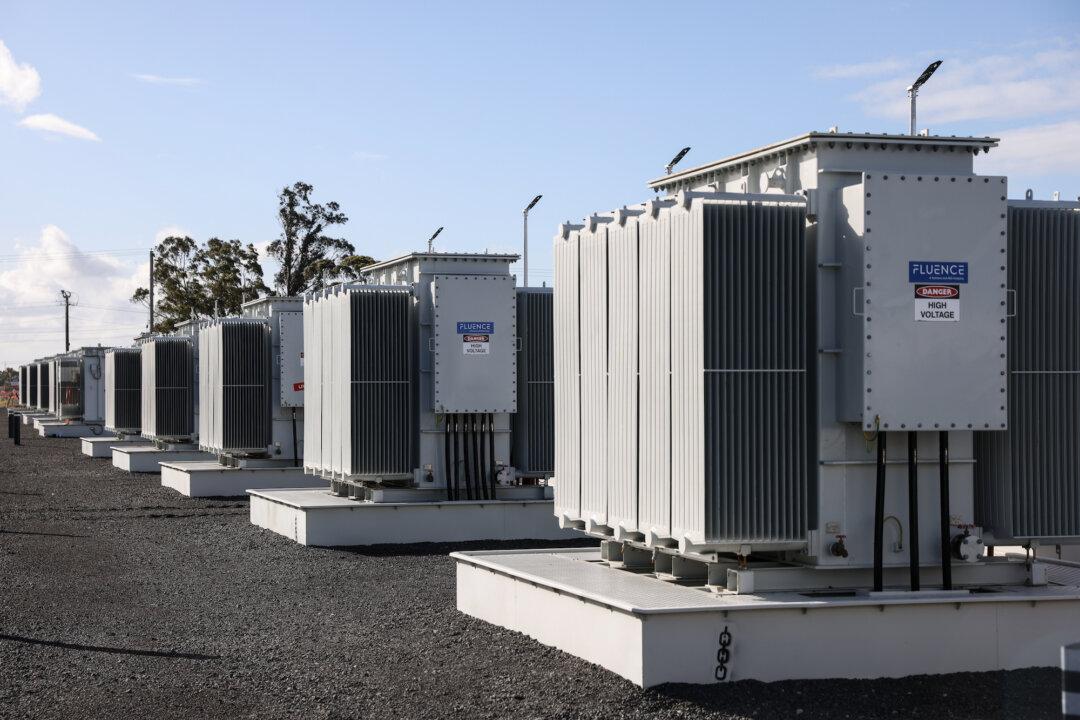Hundreds of passengers have spent this New Year stranded off the coast of Australia on The Viking Cruise ship, the Orion, which was unable to dock for seven days due to the potentially harmful biofoul growing on its hull.
According to the ship-tracking website, VesselFinder.com, the Orion didn’t dock for a week after it cast off from Wellington, New Zealand on Dec. 26. The ship was reportedly denied docking permission at Christchurch, Dunedin, and Hobart, before setting sail for Adelaide, South Australia.




